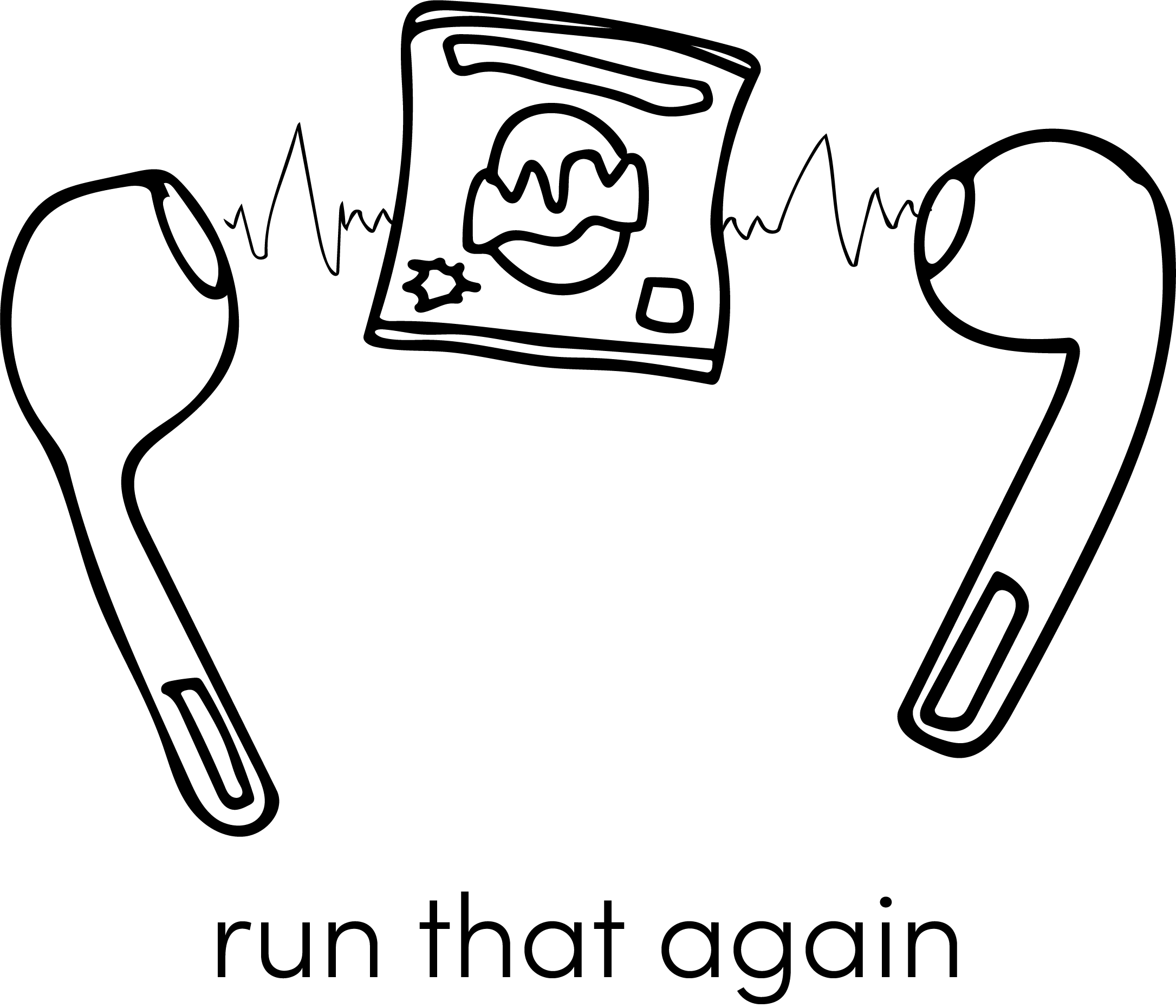The Classic Crime Interview - "Good Old-Fashioned Rock Jams"
By Jimmy G
“A song starts with a thread. The thread can be a rhythm, a bass line, a melody, a lyrical line, a fully developed drum beat, a chord progression, any part of a song. As long as I have a thread to pull on I can make a song out of it.”
The Classic Crime are something of an enigma. Musicians are obviously reliant on their listeners for their success but it’s rare to see a band quite so connected to their fan base as The Classic Crime are. From having several of their albums being completely funded by their fans on Kickstarter with hundreds of thousands of dollars raised, to most recently their online concert venue “selling out”, it’s rare to see a band connect and love their fanbase as much as the latter do.
The band creates a variety of good old fashioned rock jams with their style changing, shifting and incorporating new sounds as they progress and with each album. Their most recent record “Patterns in the Static” is out now. We spoke to frontman, Matt MacDonald about how far The Classic Crime has come, their sound and of course: the fanbase.
Which is where I begin, asking about how their relationship with their listeners has evolved. “Initially we didn’t take our fanbase too seriously” Matt states. “We were caught up in being courted by the industry. But over time I began to realize that the middle men could be cut out, and that if we could nurture a direct relationship with our fanbase we could survive beyond any contract or deal. Ultimately, the industry stopped showing up, but the fans still did, and because of that we’ve focused all of our marketing energies on engaging with them”.
“Ultimately, the industry stopped showing up, but the fans still did, and because of that we’ve focused all of our marketing energies on engaging with them.”
We discuss Matt’s upbringing – especially his experience in Church and hymns – and how it’s affected his musical style. “Growing up singing songs acapella every week in our church taught me how to sing, especially how to sing different harmonies and how harmonies can colour a melody and add tension or beauty” he claims. “I have vivid memories of giant singalongs where male voices and female voices would be singing different parts, and the synchronicity of every part lining up to create something transcendently beautiful was exciting”.
I ask more about the lessons that Matt and the rest of the band may have learnt since releasing their first album in 2006, “Probably to stop relying on external entities for help” Matt answers. “I used to think if we got the right producer, manager, label, etc - that things would finally work out. The older I get the more I realize that we’re only as good as we make ourselves. The greatest return on time spent is the craft of song writing itself, and if you sit around waiting for something to come along and either discover or uncover your “genius”, chances are you’ll be waiting forever. Being proactive creates its own opportunities”.
I was curious to know more about how the band’s most recent album “Patterns in the Static” came to be and what influences and creative choices came into it, with each of Crime’s albums being tonally and sonically quite unique. “The overarching theme is the feeling of time as it moves fast and slow” Matt claims regarding “Patterns in the Static". “The effect of nostalgia and regret are in there, as well as the feeling of being conscious in the present moment. As I get older and time speeds up (and society as technology advances) I’m learning the value of forcing myself to slow down. I think a lot of that made its way into the songwriting on this album”.
Since the band parted ways with their record label some ten years ago, I ask Matt about the commercial viability within music. If there’s a need to keep making music that the listener will like and enjoy, moreso than the creator. “I don’t think much about it when writing” he says. “I try to write whatever makes me sincerely feel something, and I generally trust that if it moves my callous heart it can move others too”.

